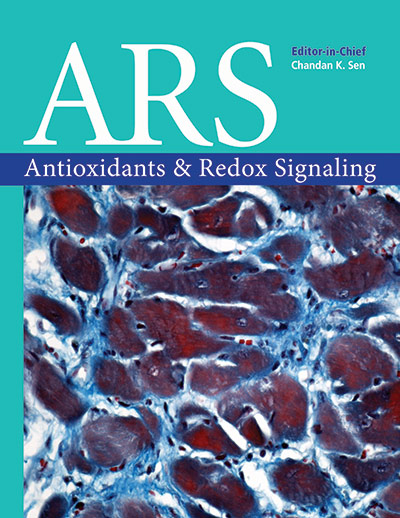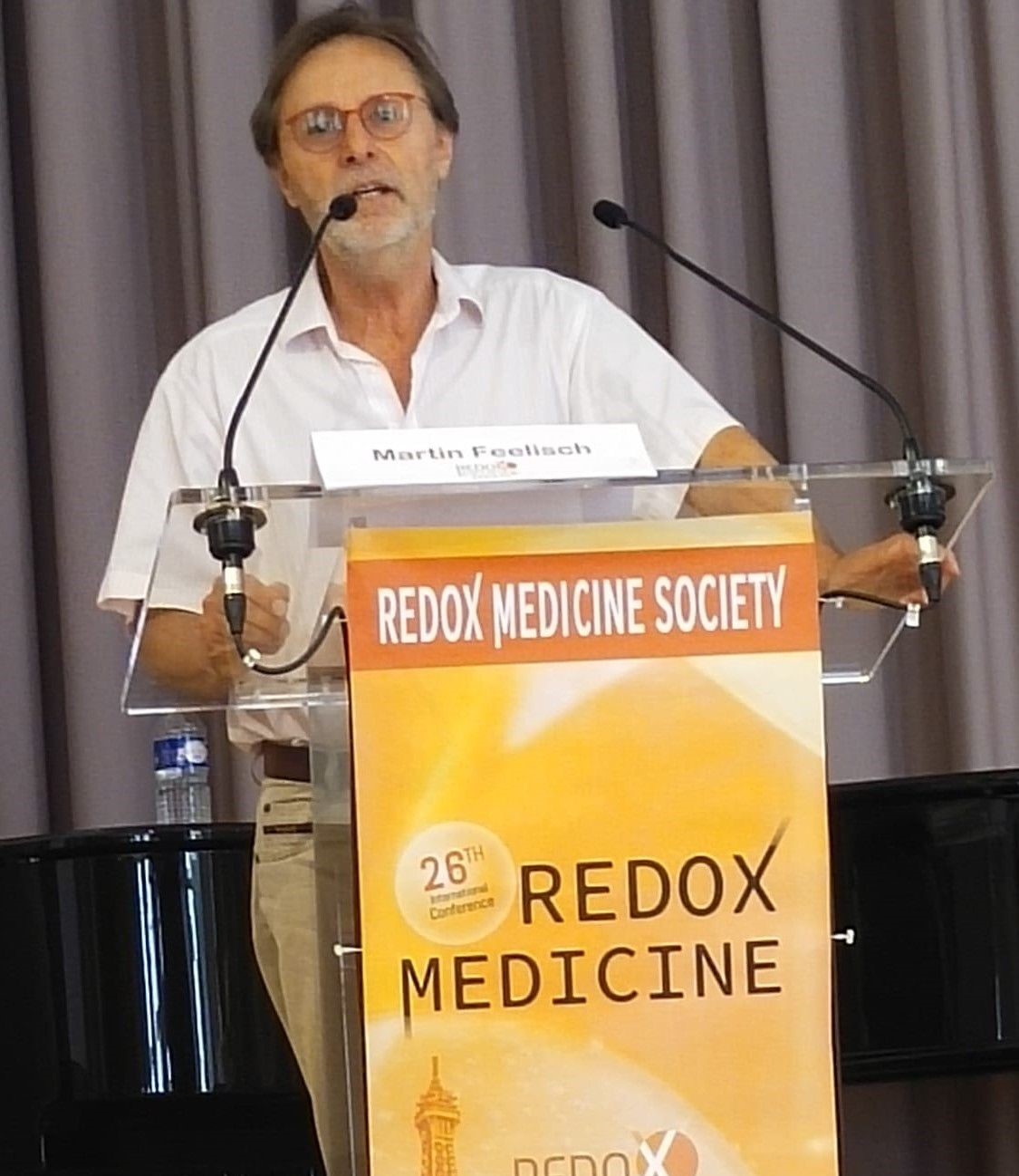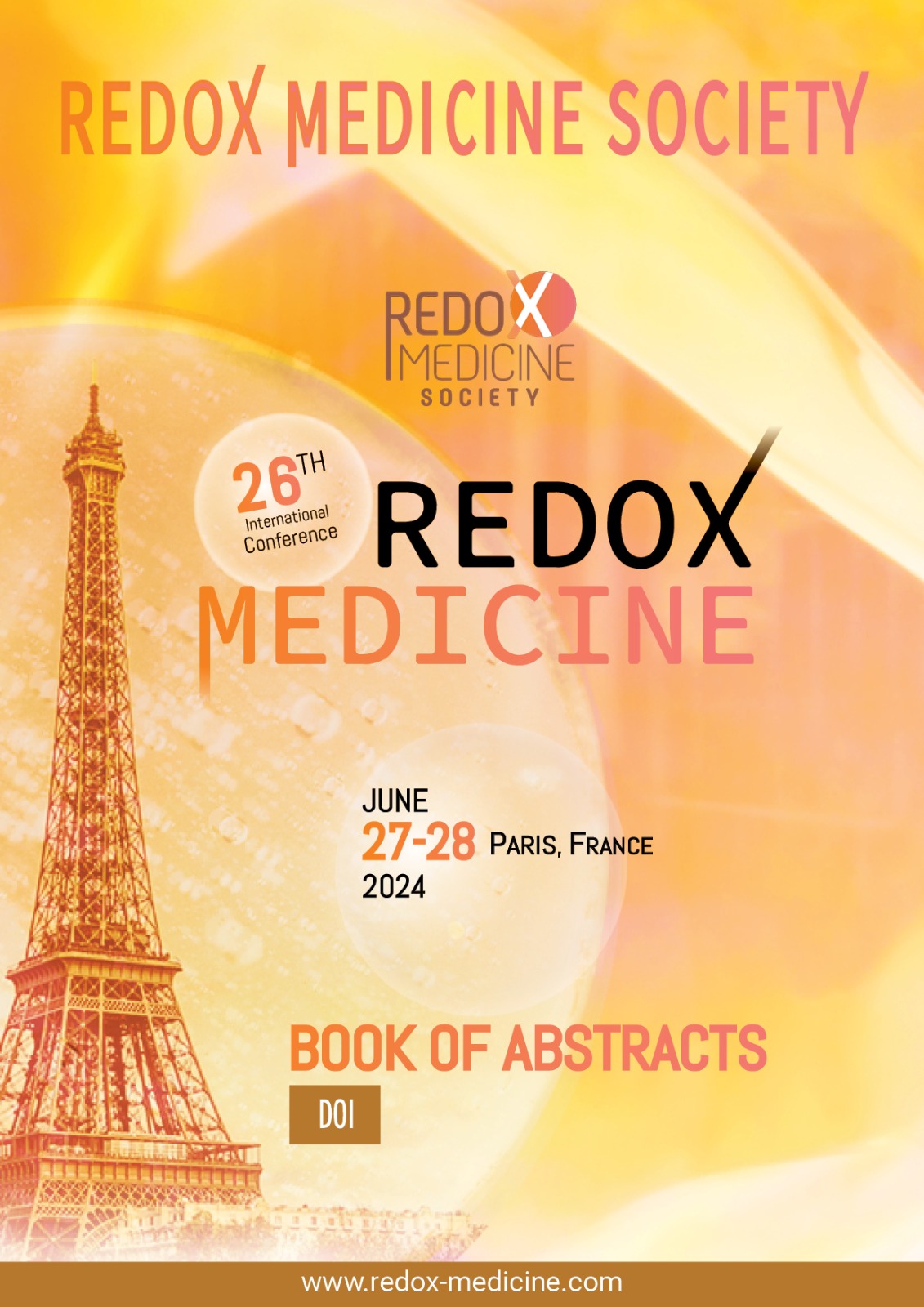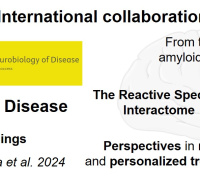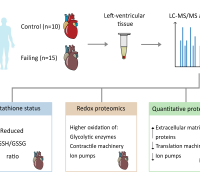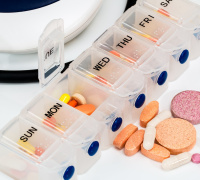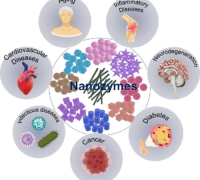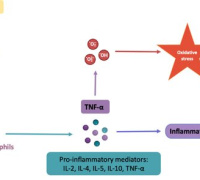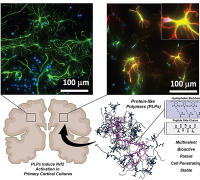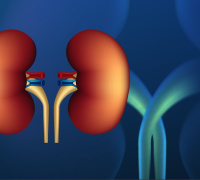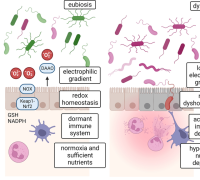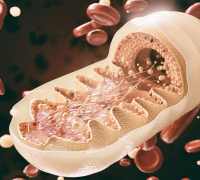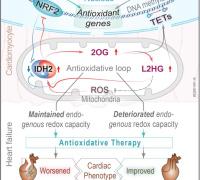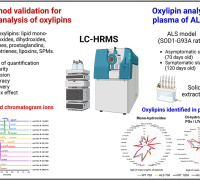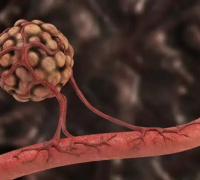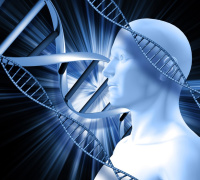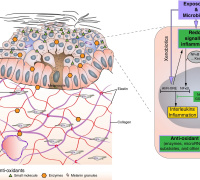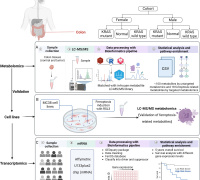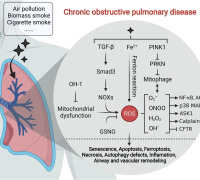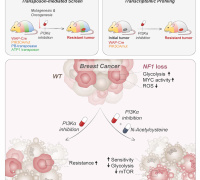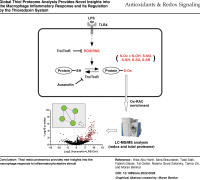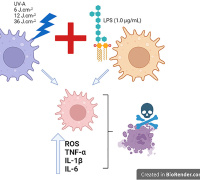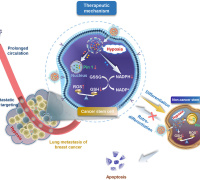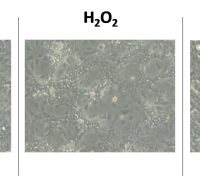The Antidepressant Potential of Lactate
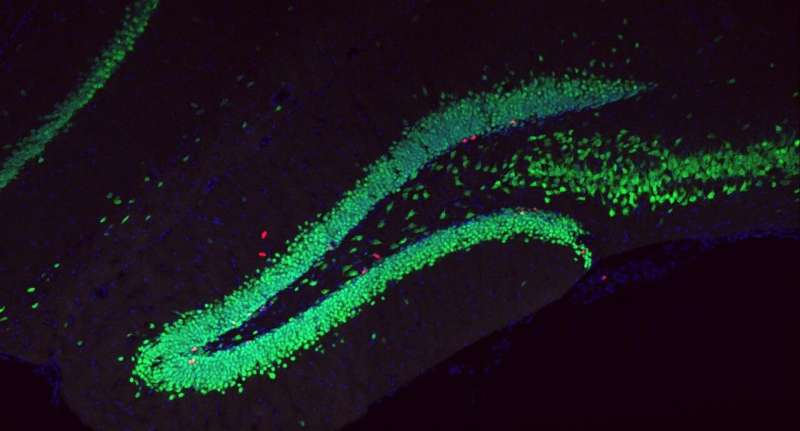
News Release, International Society of Antioxidants , France – February 22, 2022
Lactate is best known for the pivotal role it plays in the nutrition of neurons inside the brain. Yet it can also counter the inhibition of the survival and proliferation of new neurons, a loss seen in patients suffering from depression and in stressed animal.
With the help of his fellow researchers, Dr. Martin was able to show that lactate restores neurogenesis and lowers depressive behavior in mice. Conversely, without neurogenesis, lactate loses its antidepressant power, indicating that the two are intimately linked.
But this does not tell us anything about the mechanism by which lactate regulates neurogenesis. Accordingly, the researchers studied its metabolism.
Lactate is largely derived from the breakdown of glucose from food, and is then oxidized to pyruvate. During conversion of lactate to pyruvate, cells produce a molecule with antioxidant potential, known as NADH. As Dr. Carrard continues: "It's NADH and its antioxidant properties that protect neurogenesis during a depressive episode—or at least during a modeling of some of these symptoms in animals".
In conclusion, the researcher adds: "This mechanism could explain the link between sport and depression, understanding that further experiments are still needed to demonstrate it. Importantly, it offers potential targets for devising future treatments. To do this, we're first going to identify the proteins on which the NADH factor acts".
The role of lactate in restoring neurogenesis will be discussed further during Paris Redox 2022, this June in France. Speakers like Prof. Kenneth Olson will better introduce you to the potential of antioxidants as therapeutics.
Read the original article.
Media Contact:
International Society of Antioxidants
This email address is being protected from spambots. You need JavaScript enabled to view it.
24th Annual ISANH Meeting
Paris Redox 2022 Congress
June 22-24, 2022 - Paris, France
www.isanh.net





